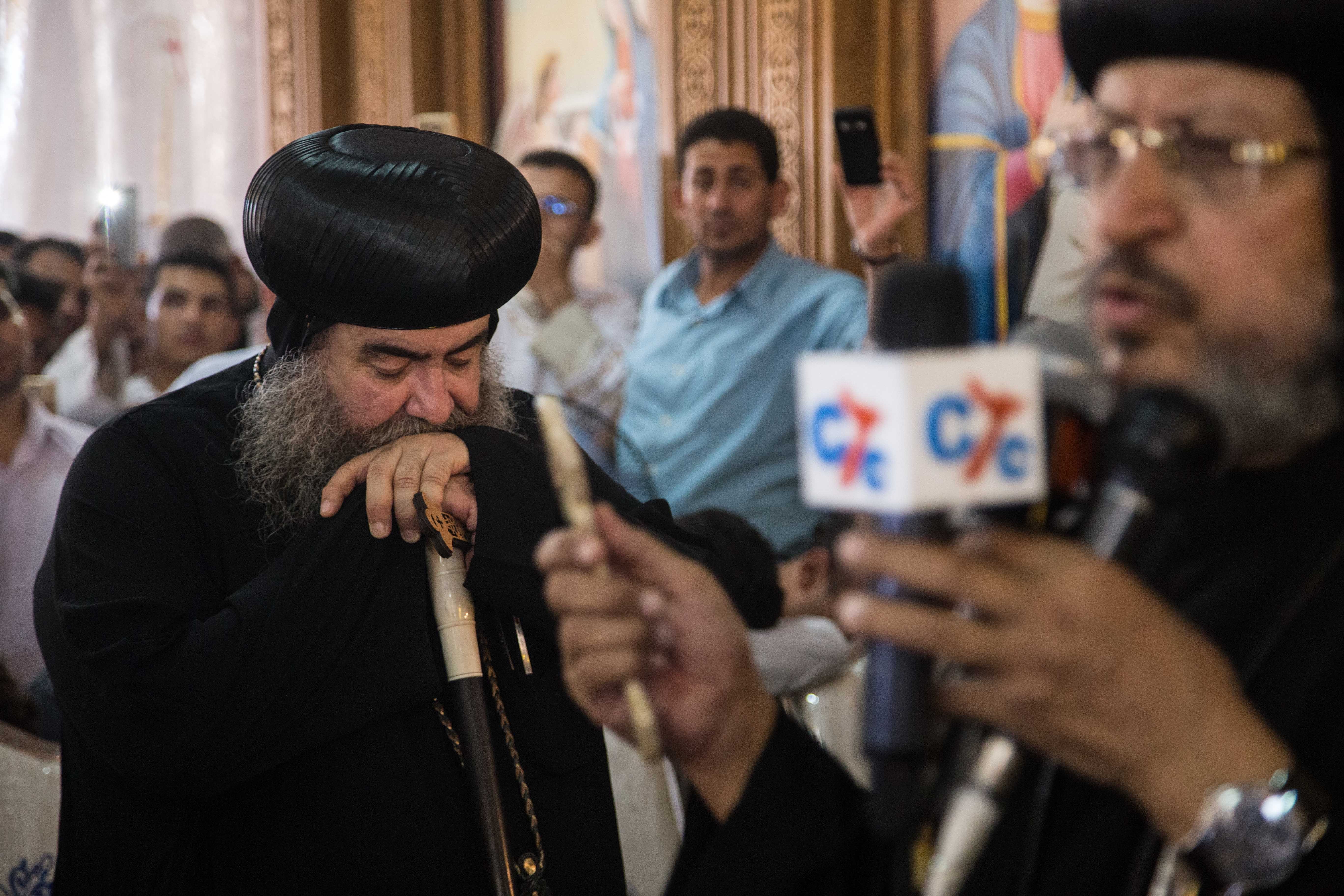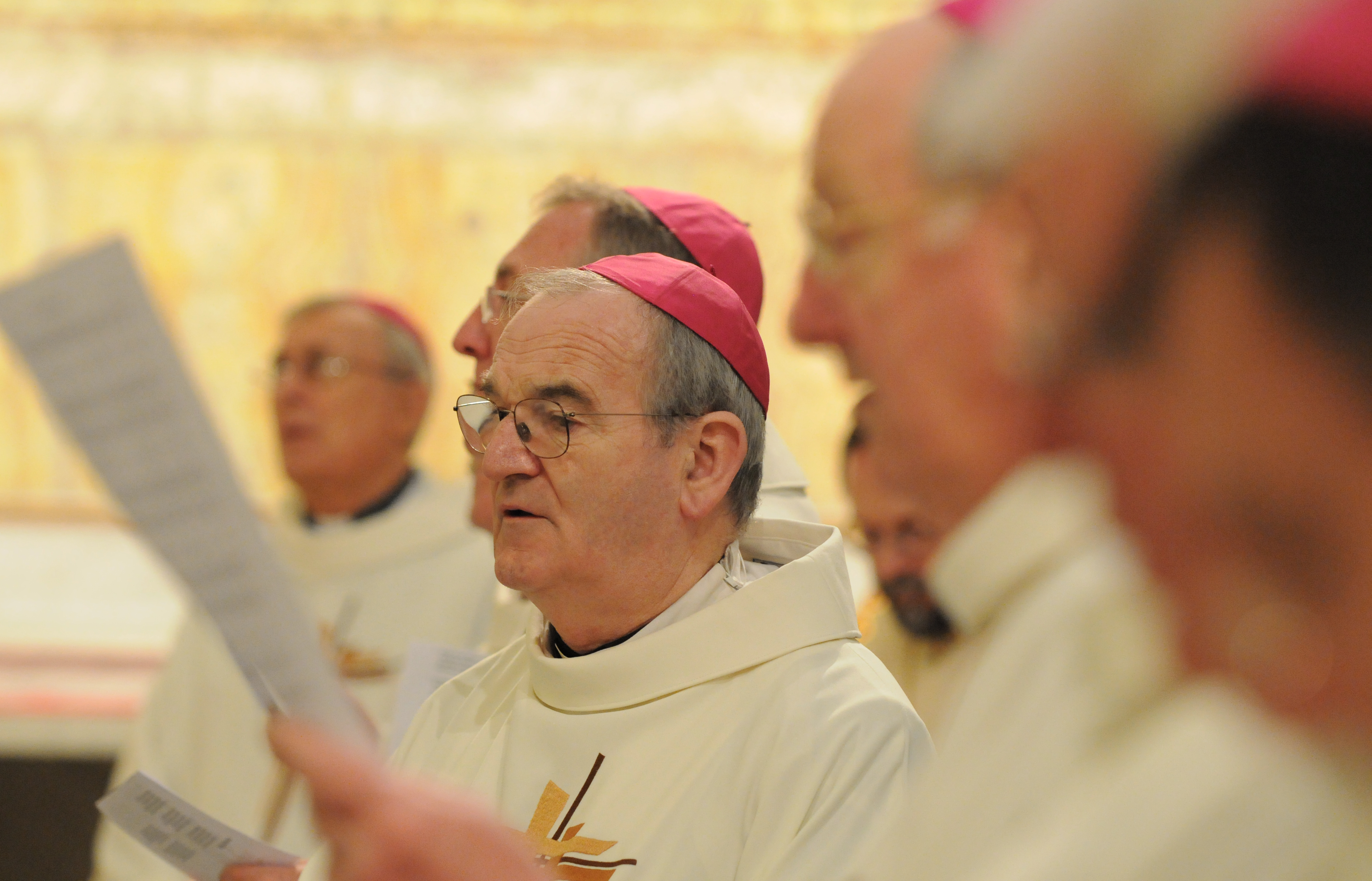The Bishops of England and Wales are to make a collective pilgrimage to Rome this September where they will meet Pope Francis and report on the state of their dioceses.
Fr Christopher Thomas, the General Secretary of the Bishops’ Conference, confirmed to The Tablet that the English and Welsh hierarchy will undertake their "Ad Limina apostolorum" visit –“to the tombs of the apostles” – from 24 to 29 September.
While each Catholic bishop is obliged to make this trip every five years, the last Ad Limina visit made by the England and Wales’ bishops took place in 2010. The quinquennial pilgrimages are now routinely delayed due to a backlog caused by a growing global church.
Ahead of these visits, bishops are required to compile detailed reports about their respective dioceses which provide a detailed insight into the state of the church in their country. Along with seeing the Pope, the bishops have meetings with various Vatican dicasteries and can arrange individual meetings with the leaders of curial departments to discuss specific matters.
The summit of the Ad Limina is the encounter with the Pope which, up until recently, saw the Roman Pontiff read out a speech to the assembled bishops. But in order to foster a greater sense of collegiality, Francis has changed the procedure of these gatherings which sees him draw up a chair and sit alongside the bishops gathered around him. This allows for a free-flowing discussion where bishops can ask questions and Francis replies off the cuff.
In the past, Ad Limina addresses by the Pope were used to deliver public messages about the priorities for the local church. During the 2010 meeting, Benedict XVI urged the bishops to “ensure that the Church’s moral teaching be always presented in its entirety and convincingly defended” and to ensure that lay Catholics “are equipped to hand on the faith to new generations comprehensively”.
The now-retired Pope also urged the bishops to “recognise dissent for what it is, and not to mistake it for a mature contribution to a balanced and wide-ranging debate”.
The English and Welsh church is renowned for its closeness to the Holy See, particularly given the history of persecution of Catholics in England and those martyred for remained loyal to Rome during the turbulence of the reformation.
There have, however, been disagreements between some bishops and the Curia over pastoral matters such as the pastoral care for gay Catholics and how to apply Church teaching to the English context. And like many churches in western Europe a lot of the dioceses in England and Wales are grappling with a declining number of priests and Mass goers, something that is likely to be on the agenda during the Ad Limina meetings.
Under Francis’ papacy, however, tensions with Rome have largely dissipated with Cardinal Vincent Nichols, the President of the Bishops’ Conference of England and Wales, is respected in Rome for his sure-footed leadership.
The Cardinal Archbishop of Westminster has been appointed by the Pope to sit on some important Vatican bodies. These include the Congregation for Bishops – which plays a key role in the section of church leaders – the Pontifical Council for Promoting Christian Unity and the council of the Synod of Bishops, a body which is helping the Pope reform the Church.
(Pic: Ad Limina 2010 Mass in the Chapel of the Three Kings, where Newman was ordained a Catholic priest Credit: Mazur/catholicchurch.org.uk)



 Loading ...
Loading ...